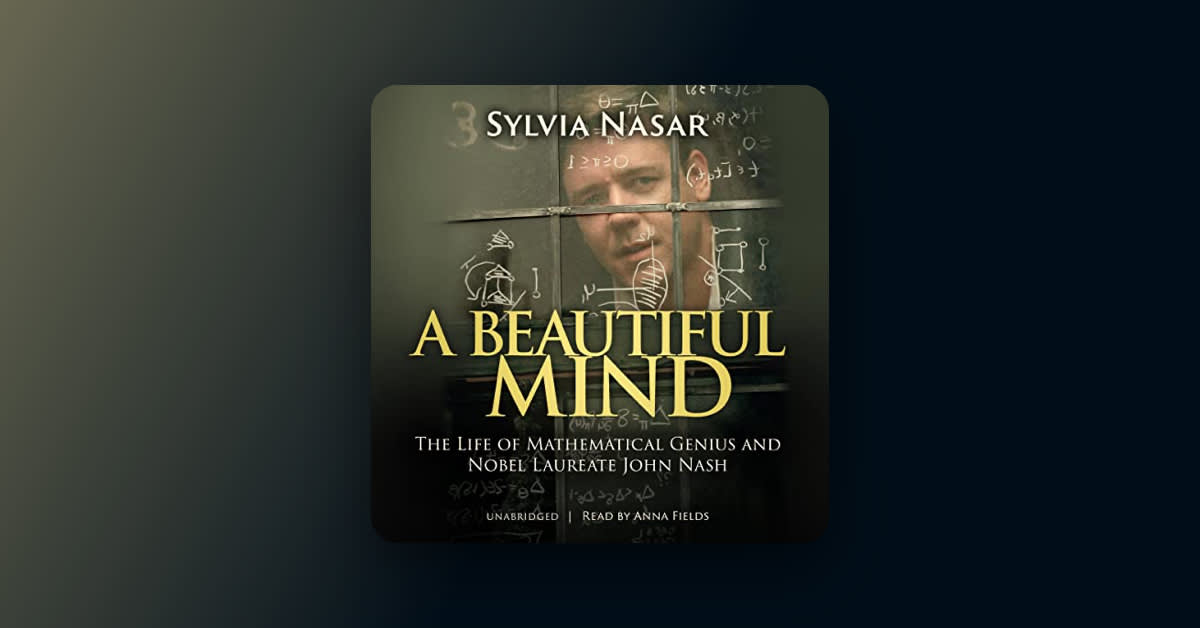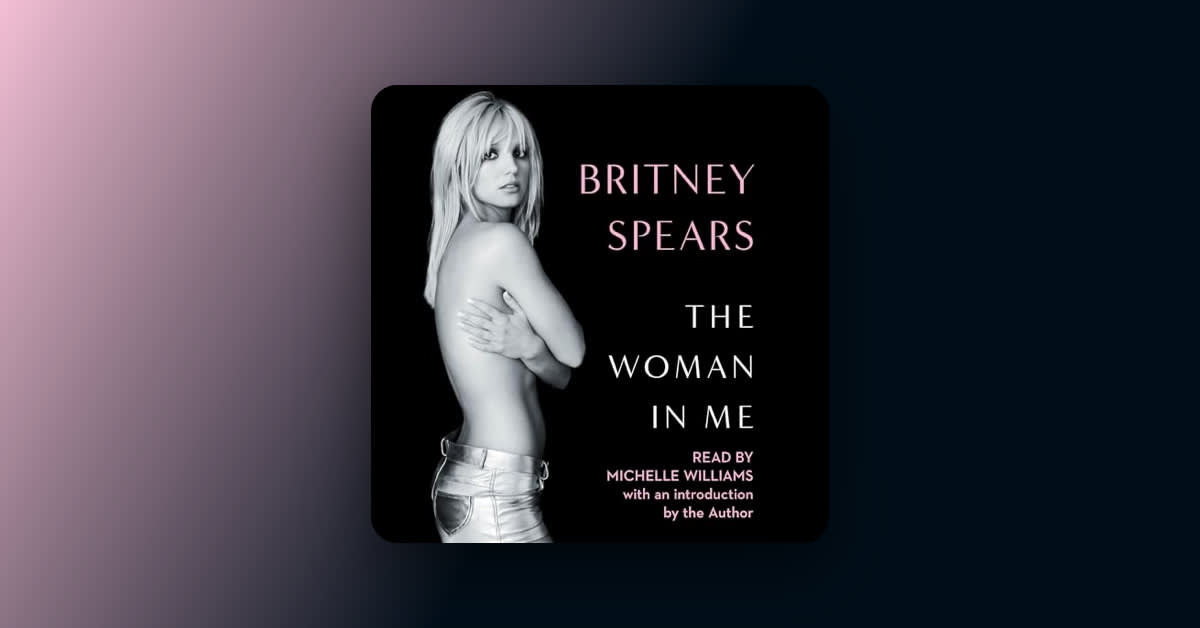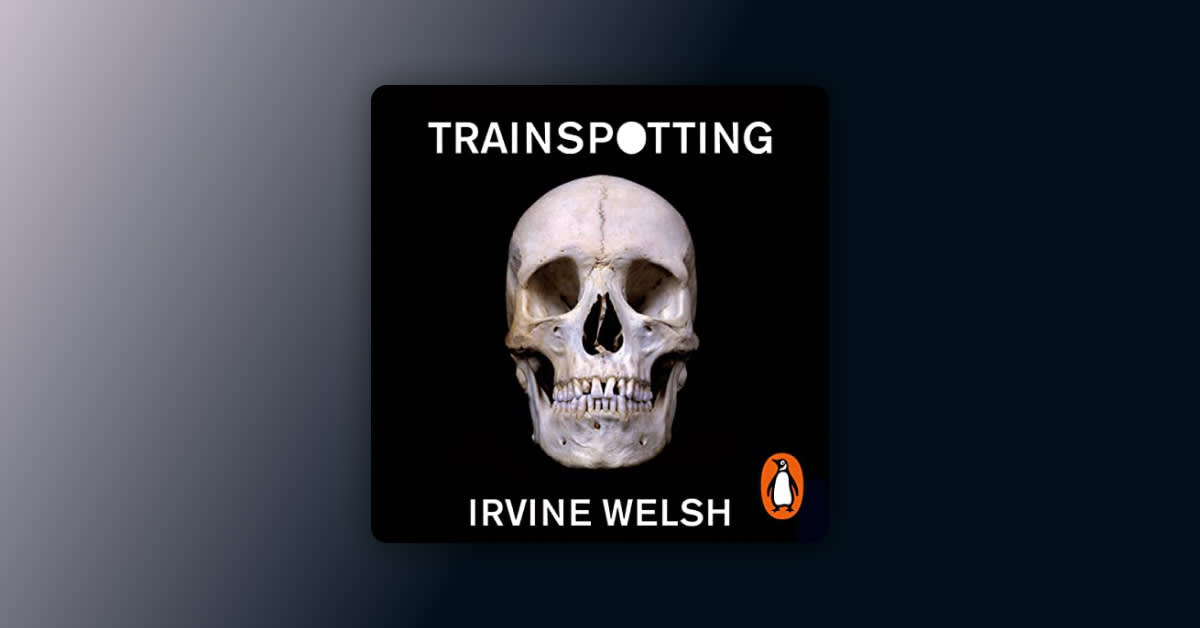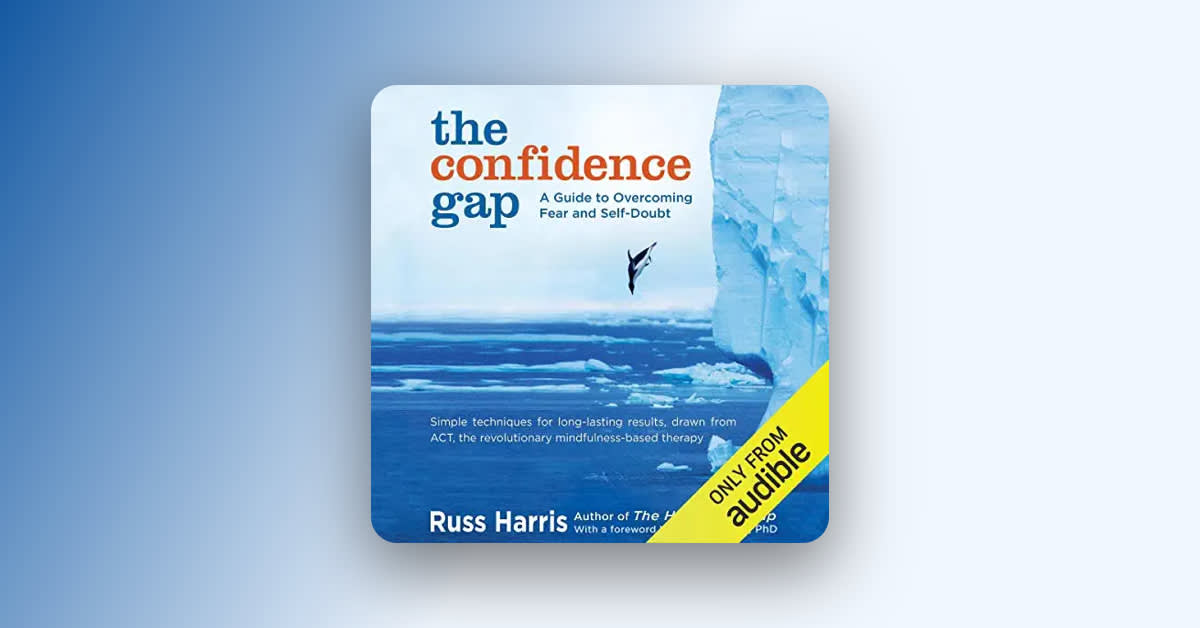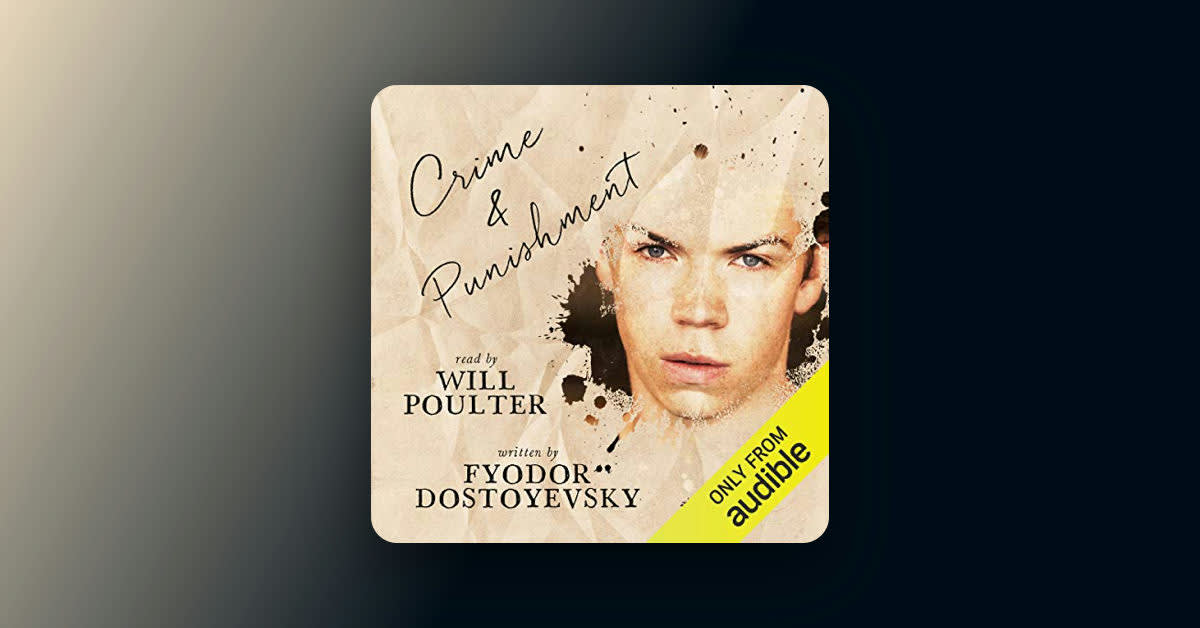Why it's essential
Winner of the National Book Critics Circle Award for Biography and the inspiration for an Academy Award-winning movie, A Beautiful Mind is a true story of genius and madness, recovery and redemption, determination and love.
What is A Beautiful Mind about?
Written by accomplished journalist Sylvia Nasar, A Beautiful Mind is a biography of John Forbes Nash Jr., the Nobel Prize-winning mathematician who laid the foundations of game theory at age 21 and battled paranoid schizophrenia for 30 years.
Editor's review
Mysia is a book person who loves escaping into twisty mysteries and contemporary fiction driven by complicated characters.
I saw the movie A Beautiful Mind several years before I read the book that inspired it—Sylvia Nasar’s meticulously researched and unflinchingly honest biography of mathematical genius John Forbes Nash Jr.—largely because part of it was filmed in my neighborhood. During the early scenes featuring a mysterious Department of Defense agent who seeks out Nash (played by Russell Crowe) for a classified assignment to thwart a Soviet plot, you can catch a glimpse of the imposing brick building I see every time I look out my second-floor home office window. (That same building, a former isolation hospital, was recently transformed into the fictional Arkham State Hospital for Joker 2.) The movie works (especially for first-time viewers) because we believe Agent William Parcher is real and so is the danger to Nash. Later in the film, we learn the truth—Parcher is not real, and neither are Nash's best friend, Charles Herman, and his young niece, Marcee. They are all hallucinations, existing only in Nash’s mind.
A Beautiful Mind is an uplifting movie. Yet as I learned from A Beautiful Mind, the book—which is brilliantly written by Nasar, an accomplished journalist with a background in economics, and brilliantly narrated by Anna Fields—Parcher, Charles, and Marcee are figments of the screenwriter’s imagination. In real life, Nash, typical of individuals with schizophrenia, never saw his hallucinations as fleshed-and-blood people. That’s not to say, however, that his thinking wasn’t delusional. For decades, starting in 1959 at age 30, Nash saw and believed in extraterrestrials—the same way he saw and believed in his solutions to mathematical problems that defied conventional logic and flew in the face of prevailing opinions. The aliens that sent him messages about his mission to save the world—messages that drove him to resign his MIT professorship, seek to renounce his American citizenship, and get himself expelled from both France and Switzerland—were the product of the same mental process he used for his revolutionary breakthroughs, including game theory.
What I found fascinating from reading the book is how eccentric and difficult Nash was, even before full-blown schizophrenia devastated his intellect. Preferring to spend time inside his own head from boyhood on, he was a social outcast and indifferent to other people—including the first woman who loved him, Eleanor Stier, a nurse whom he met in his 20s while teaching at MIT, and their son, John David, for whom he refused to pay child support. As a young adult, Nash also had affairs with two men and was arrested once for indecent exposure. Nasar details these events in way that, without sensationalism or judgement, opens a window into Nash’s intriguing complexities and very human flaws.
What I found inspiring about A Beautiful Mind, the book, is everything about Alicia Larde Nash. An aristocratic Salvadoran and stunning, both physically and intellectually, Alicia was a rare female physics major at MIT when she fell in love with her tall, handsome, and witty professor. (Nash was quite the hunk.) They married in 1957, and, within two years, she gave Nash another son, John Charles. Alicia remained dedicated to John Nash throughout his battles with schizophrenia and for recognition from his peers. The movie powerfully captures Alicia’s deep love and devotion but leaves out a critical fact—the couple divorced in 1963. Alicia settled in a suburb near Princeton University, balancing the demands of work and parenting, while Nash continued his descent into madness alone. In 1970, she took her ex-husband into her home as a "boarder" to ensure he was safe and well cared for. Before long, he returned to Princeton’s School of Mathematics, unofficially, and became known as "the Phantom of Fine Hall" for his habit of haunting the library and computer room. Thanks largely to the security and support his ex-wife provided, Nash gradually regained his grip on sanity. "Alicia saved his life," Nasar observes. John and Alicia remarried in 2001.
A Beautiful Mind, the book, also filled me with outrage over the stigma attached to people who've struggled with mental illness. The accounts of Nash being hospitalized against his will and subjected, again and again, to a treatment he described as "torture"—insulin shock therapy, which provoked extremely violent, spontaneous seizures—are not easy reading. (Fortunately, his wife and colleagues said no to electroshock therapy for fear of numbing Nash's genius.) After his hard-fought recovery, Nash was nearly passed over for the Nobel Prize because of his history with schizophrenia. Could you give the highest of scientific honors to a man who had mental illness? Some committee members were dubious, believing that schizophrenia had transformed Nash into a different, and lesser, person. Taking us inside the secret deliberations at the Swedish Academy, Nasar reveals the controversy over recognizing Nash, with his fragile mental health, at age 66 for a theory he had conceived as an exceptionally mentally strong 21 year old. It was a fraught, contentious decision. Nash was not permitted to give an acceptance speech, contrary to the movie’s dramatic final scene. But Alicia was in Stockholm with him, supportive as always.
The true life story of John Forbes Nash Jr. is certainly stranger than the highly fictionalized screen version. Nash, unlike Russell Crowe's endearing portrayal, was a difficult man to like and deal with; he was often self-absorbed and sometimes callous. Then, there’s the mystery of how he overcame schizophrenia—purely on the strength of his mind. Nash stopped taking medication for his illness in 1970 and learned, he says, to discard his paranoid thoughts. To my mind, that's a feat as amazing as his coming up with game theory and other mathematical marvels I can't begin to wrap my brain around. Yet Sylvia Nasar celebrates John Nash for perhaps his most brilliant move—recognizing the extraordinary qualities of Alicia Larde. "It was Nash’s genius," she writes in A Beautiful Mind, "to choose a woman who would prove so essential to his survival."
Did you know?
Sylvia Nasar was working at The New York Times as an economics correspondent in the 1990s when she first heard about John Nash, a Princeton professor who suffered from schizophrenia. Intrigued by Nash’s story, she set out to find more, researching and gathering information to write an article, which eventually led to her bestselling biography.
Nash refused Nasar’s requests to interview him for the book, stating in an email that he decided to take a position of "Swiss neutrality" on the project. After the book was published, however, they became friends. Nasar came to appreciate the noted mathematician for not only his brilliant mind but also his dry sense of humor.
A Beautiful Mind won the National Book Critics Circle Award for Biography and was a finalist for the Pulitzer Prize. It has been published in 30 languages, including Farsi, Turkish, Russian, and Hindi.
While inspired by Nasar’s biography, the movie A Beautiful Mind differs significantly from the book. The Oscar-winning film neglects factual events in Nash’s life—most notably, his divorce from Alicia—and misrepresents his mental illness. It exaggerates his hallucinations—like most individuals with schizophrenia, Nash did not see and interact with life-like imaginary people—and inaccurately portrays his medication usage. According to the book, Nash stopped taking medication for schizophrenia in 1970. Yet in the film, in a scene set in 1994, Nash’s character states, "I take the newer medications." As director Ron Howard explains in a commentary on the movie, he took that creative liberty to avoid suggesting that people with schizophrenia don't ever require medication.
John and Alicia Nash were killed in a tragic car accident on May 23, 2015. The couple was riding in a taxi on a New Jersey highway when the cab went out of control and crashed into a guardrail. They were ejected from the vehicle and pronounced dead at the scene. Nash was 86; his wife was 82.
What listeners said
"This is a standout biography that manages to combine some fairly detailed discussions of mathematics as a field, the scientific milieu of the 20th century, and mental illness and treatment in the 20th century, with a meticulous exploration of Nobel winner John Forbes Nash's life. The book is wonderful and the depth and breadth of the interviews conducted to make it possible is astounding. Sensitively written, but unflinchingly honest, this is a book well worth the time." –S. Yates, Audible listener
"If I hadn't read this book I never would have realized just how wrong the movie adaptation was … An honest examination of history is necessary to inform us for our own circumstances, and that's exactly what this book is. It's the TRUE story of a genius who suffered from a debilitating illness and ultimately recovered from it through his own volition." –Diana, Audible listener
"This was a very enjoyable and interesting look at a fascinating and brilliant but troubled man. It is very well written and the narrator, Anna Fields, is one of the best I have heard. She was perfectly matched to the material." –John, Audible listener
"John Nash is a fascinating man and I appreciated this detailed look into his life. I think that the author treated him with respect but did not hold back on sharing the tragedy of his life. I love biographies and this one did not disappoint me." –Vicki, Audible listener
"The movie entitled A Beautiful Mind was a romanticized tribute to the best of Dr. John Nash. A Beautiful Mind the book is researched truth, a tribute to the family and friends of Dr. John Nash who cared for him at his worst as well his best … I read this book because like so many of the people referenced in this book, I have loved ones who suffer with mental illness. This book shines a bright light of hope into the dark side of mental illness. It honors those who care for the mentally ill and gives insight into the needs of the mentally ill." –Anne, Audible listener
Quotes from A Beautiful Mind
"A profound dislike for merely absorbing knowledge and a strong compulsion to learn by doing is one of the most reliable signs of genius."
"People look to the order of numbers when the world falls apart."
"It was like a tornado, you want to hold on to everything you have, you don’t want to let go."
"Delusion is not just fantasy but compulsion."
"A profile, a look, a voice, can capture the heart in no time at all."
"I’ve made the most important discovery of my life. It’s only in the mysterious equation of love that any logic or reasons can be found."
Adaptations
Sylvia Nasar’s biography inspired the 2001 film of the same name. Directed by Ron Howard and based on a screenplay by Akiva Goldsman, A Beautiful Mind stars Russell Crowe as John Nash and features Jennifer Connelly as Alicia Nash, along with Ed Harris, Paul Bettany, Adam Goldberg, Judd Hirsch, and Christopher Plummer in supporting roles. It was nominated for eight Academy Awards and won four—for Best Adapted Screenplay, Best Supporting Actress, Best Director, and Best Picture.
About the author
Sylvia Nasar is a journalist and bestselling author. She is best known for her biography of John Forbes Nash Jr., A Beautiful Mind (1998), which won the National Book Critics Circle Award for Biography and was finalist for the Pulitzer Prize. She is also the author of Grand Pursuit (2011), a historical narrative exploring the world-changing power of economics, which won the Los Angeles Times Book Prize for Science and Technology. She served as an economic correspondent for The New York Times for nearly a decade, after working as a columnist for U.S. News & World Report and a staff writer for Fortune. In addition, she is Professor Emerita at Columbia University’s School of Journalism, where, during her tenure, she co-directed the MA program in business journalism and lectured on topics ranging from globalization and economics to mental illness and madness. Born in Germany, Nasar grew up in Turkey and the United States. She received her BA in literature from Antioch College and her MA in economics from New York University. She has three adult children and lives in Tarrytown, New York, with her husband, an economist.
About the performer
Anna Fields is the pseudonym Kate Fleming used for her work as an audiobook narrator, chosen to honor her great-grandmother, a vaudeville performer. Over her eight-year career, she voiced more than 200 titles, spanning genres from literary fiction, including novels by Joyce Carol Oates, Louise Erdrich, Molly Ivins, Ann Patchett, and Edith Wharton, to biographies of Rita Hayworth, Elvis Presley, and John Forbes Nash Jr. to business and personal finance books like Outsmarting Goliath and The Tao of Warren Buffett. Her work was recognized by AudioFile with 15 Earphones Awards, and she won an Audie Award for her performance of Ruth Ozeki’s All Over Creation. A former stage actress, Fleming performed with the Woolly Mammoth Theatre and the Washington Shakespeare Company, both in the DC area, before settling in Seattle and finding her passion for audiobooks. While continuing to work as a narrator, she founded a production company, Cedar House Audio, and directed notable voice actors such as Simon Vance. On December 14, 2006, Kate Fleming died from drowning when her basement studio was flooded during a torrential rainstorm. She was 41.
